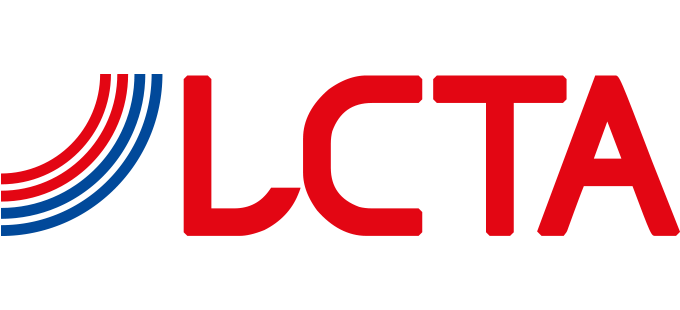Swiss tax reform – the public vote is approaching
Contribution by KPMG.

Federal vote
On 19 May 2019, the Swiss public will vote on the Federal Act on Tax Reform and AVS Financing (TRAF). The tax reform, which Parliament has linked to a social compensation measure concerning AVS financing (Old Age and Survivor’s Insurance), provides in particular for the abolition of internationally no longer accepted tax regimes and for the introduction of transitional and replacement measures. However, these measures have met with rejection in certain political camps. In addition, the combination with additional AVS financing has mobilized further opponents.
Background
Like its predecessor – the Corporate Tax Reform III (CTR III), rejected by public vote on 12 February 2017 – TRAF pursues the same three main objectives: to maintain the attractiveness of Switzerland as a business and tax location, to promote international acceptance of the Swiss corporate tax legislation and to ensure sufficient tax revenues to finance public activities. Therefore, some elements of the CTR III are still included in the new proposal. Other elements have been added subsequently in order to create a balanced reform that – hopefully – meet with acceptance.
The potential impact to commodity traders
The main measures that could have a relevant impact to the Commodity Traders is the abolition of status companies at Cantonal level (Mixed Company status). It is well established that Cantons usually granted the Mixed Company status to the Commodity traders (Art. 93 of the Ticino Tax Act, “società ausiliaria”), excluding part of the income generated abroad from Corporate Income Tax and allowing a lower taxation on equity.
The abolishment of cantonal tax statuses will lead to an increase of the applicable tax rate for companies that previously enjoyed privileged tax status. To prevent the shock, TRAF include a transitional measure and allow a smoother transition from the privileged to the ordinary taxation.
Disclosure of hidden reserves (step-up)
For companies changing status, transitional measures provide for two possibilities to prevent over-taxation of hidden reserves. The first, in accordance with current practice in most cantons, it to disclose tax-neutrally and subsequently depreciate existing hidden reserves when the status is abandoned (current law step-up; disclosure solution). The second is application of a special tax rate (special tax rate solution).
Current law step-up (disclosure solution)
The current law step-up allows companies to effectively disclose hidden reserves formed, or self-generated value created (goodwill), under a privileged tax regime in the tax balance sheet immediately before the privileged status is abandoned. For this purpose, a taxed hidden reserve is disclosed in the tax balance sheet without the need to make a corresponding entry under commercial law. In the following tax periods, the taxed hidden reserve can be depreciated tax-effectively, taking into account the overall limitation of measures. (The depreciation period is defined according to cantonal regulations or depreciation rates published by the Swiss Federal Tax Administration, respectively).
Special tax rate solution
The special tax rate solution provides for separate taxation over five years of the portion of the profit based on the realization of hidden reserves and goodwill, which were previously not taxed under the old regime. The maximum amount is limited to such hidden reserves available at the time of the status change. The amount must be recorded in a decree. In contrast to the practice under the current law step-up, the special tax rate solution does not result in the disclosure of hidden reserves in the tax balance sheet. This eliminates the issue of recognizing deferred tax assets.
Outlook
In case of a Public’s “Yes” on 19 May 2019, it is planned that the reform will come into force on 1 January 2020. The regulation concerning a temporary special tax rate solution is to come into force immediately after the referendum vote. The cantons will thus be able to make use of this measure early in order to mitigate the de facto tax increase for those companies that plan to waive their cantonal tax status earlier in time.
In the event of rejection, the Federal Council would have to act quickly and ensure that the tax regimes criticized by the OECD and the EU are abolished – potentially together with increasing the cantonal share of federal tax revenue and adjusting the fiscal equalization system. Otherwise, it would hardly be possible to prevent Switzerland from being blacklisted by the EU.
Next steps
The local tax experts of KPMG would be glad to discuss the impact of TRAF and the potential relief of the transitional measures. Please contact KPMG Lugano to schedule a meeting with us.
Cover Image © Seb Mooze – Unsplash

